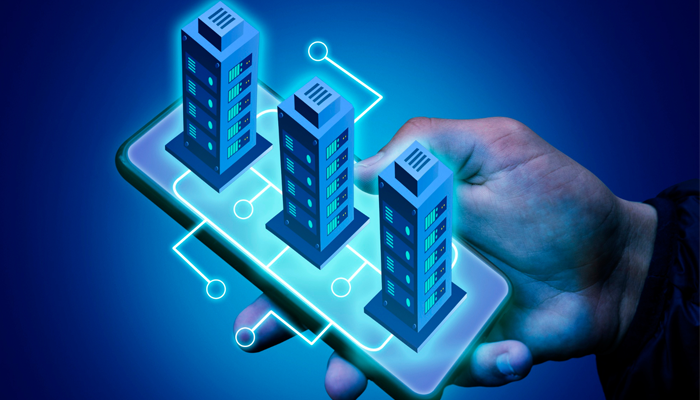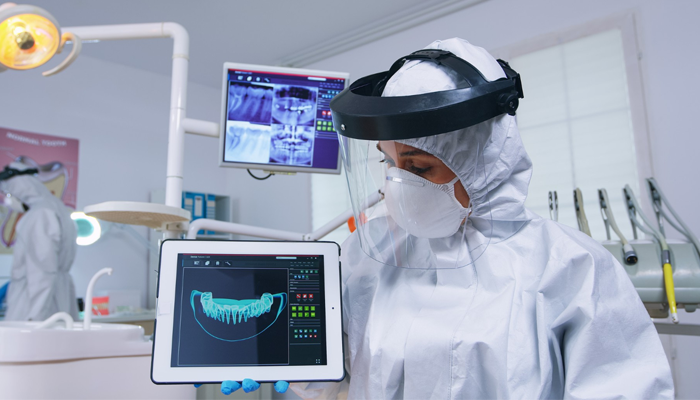Posted On May 21, 2025
The Role of Automation in Streamlining Hospital Workflows
Automation is revolutionizing various industries, and healthcare is no exception. In hospitals, automation plays a crucial role in streamlining workflows, improving efficiency, and enhancing patient care. Here are some key ways automation is transforming hospital operations.
- Efficient Patient Management
Automation helps in managing patient information more efficiently. Electronic Health Records (EHRs) allow for quick access to patient data, reducing the time spent on paperwork. Automated systems can schedule appointments, send reminders, and manage patient flow, ensuring a smoother experience for both patients and healthcare providers.
- Enhanced Diagnostic Accuracy
These tools assist doctors in detecting diseases at an early stage, leading to timely and accurate diagnoses. Automation reduces the chances of human error and enhances the overall quality of care.
- Streamlined Administrative Tasks
Administrative tasks, such as billing, coding, and claims processing, can be time-consuming and prone to errors. Automation simplifies these processes by handling repetitive tasks efficiently. Automated billing systems ensure accurate invoicing and faster processing of insurance claims, reducing administrative burdens on hospital staff.
- Improved Medication Management
Automation in medication management helps in reducing errors and ensuring patient safety. Automated dispensing systems accurately dispense medications, minimizing the risk of incorrect dosages. Additionally, automated inventory management systems keep track of medication stocks, ensuring timely replenishment and reducing wastage.
- Optimized Resource Allocation
Hospitals frequently face challenges in dealing resources such as staff, equipment, and facilities. Automation helps in optimizing resource allocation by analyzing data and predicting demand. For example, automated can optimise staff shifts based on patient load, ensuring adequate coverage and reducing staff burnout.
- Enhanced Patient Monitoring
Automated patient monitoring systems continuously track vital signs and alert healthcare providers in case of any abnormalities. These systems enable real-time monitoring, allowing for prompt intervention and reducing the risk of complications. Automation also simplifies remote examining, allowing patients to receive care from the comfort of their homes.
- Data-Driven Decision Making
Automation generates vast amounts of data that can be analyzed to gain insights into hospital operations. Data analytics tools help in identifying trends, predicting outcomes, and making informed decisions. Hospitals can use this data to improve patient care, optimize workflows, and enhance overall efficiency.
Automation is not just a trend; it’s a transformative force reshaping hospital workflows. By streamlining patient management, boosting diagnostic precision, simplifying administrative duties, optimizing resource use, and leveraging data for informed decisions, automation is revolutionizing healthcare. Hospitals that adopt these technologies can expect to see significant improvements in patient care, operational efficiency, and overall sustainability. The future of healthcare is automated, and it’s here to stay.








